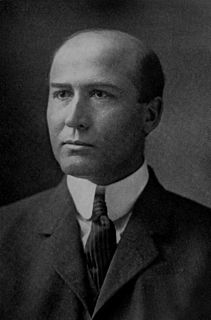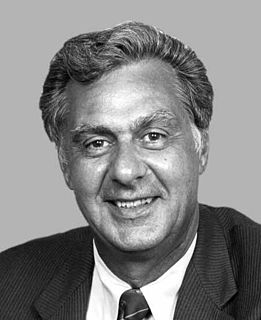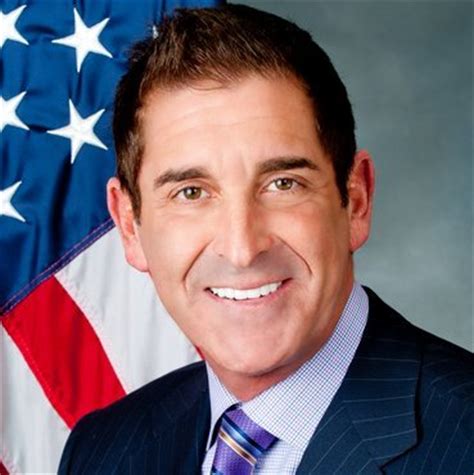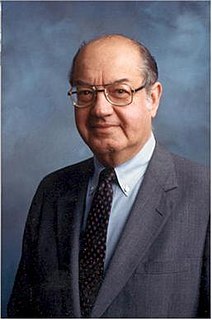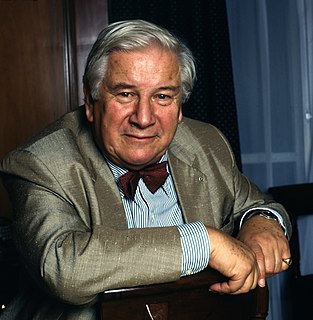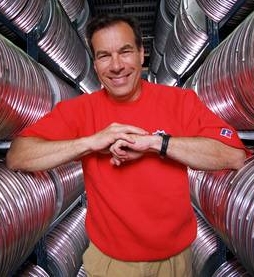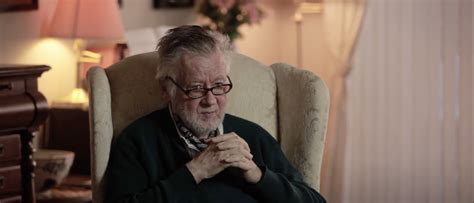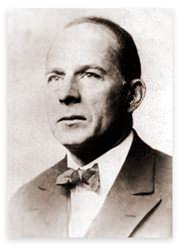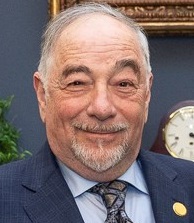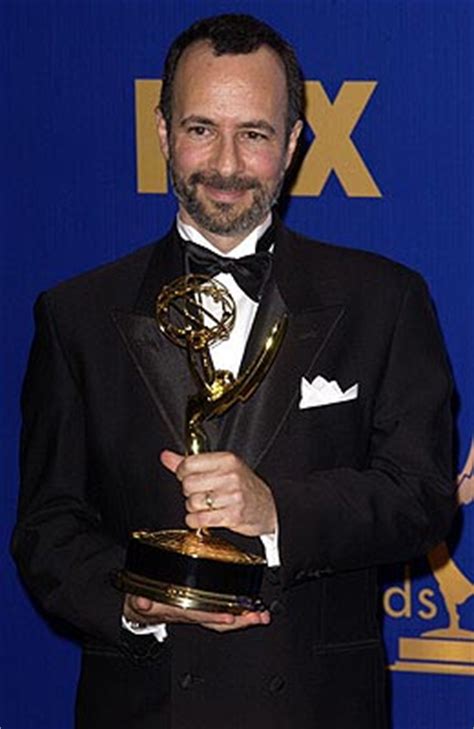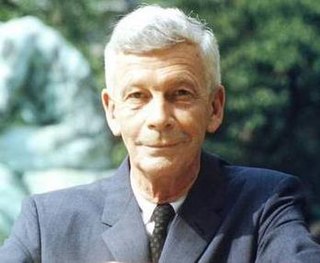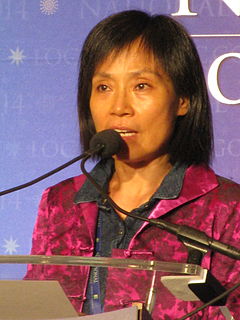Top 414 Marx Quotes & Sayings - Page 5
Explore popular Marx quotes.
Last updated on December 19, 2024.
The first comedians I became fascinated with were the Marx brothers. I couldn't get enough of them. Later in life, I thought, "Well, maybe it's because they were so rebellious and they were just flipping the bird to society and all the rules we're supposed to follow." They were saying that none of it is fair.
Not a single one of the doctrines of Marx has ever been accepted by any economist or any philosopher. But what of it? It was necessary that Gaiseric should convince economists or philosophers that there were sound reasons why he should capture Rome. He and his followers wanted it, and they had the power to take it.
The fundamental differences between Marxian and traditional orthodox economics are, first, that the orthodox economists accept the capitalist system as part of the eternal order of Nature, while Marx regards it as a passing phase in the transition from the feudal economy of the past to the socialist economy of the future.
According to Marx, socialism is the first stage of communism and it covers a very long historical period in which we must practise the principle "to each according to his work" and combine the interests of the state, the collective and the individual, for only thus can we arouse people's enthusiasm for labour and develop socialist production.
The greatest damage done by advertising is precisely that it incessantly demonstrates the prostitution of men and women who lend their intellects, their voices, their artistic skills to purposes in which they themselves do not believe, and that it teaches [in the words of Leo Marx] 'the essential meaninglessness of all creations of the mind: words, images, and ideas.'
I believe that the Jews have made a contribution to the human condition out of all proportion to their numbers: I believe them to be an immense people. Not only have they supplied the world with two leaders of the stature of Jesus Christ and Karl Marx, but they have even indulged in the luxury of following neither one nor the other.
Most conservatives - by which I mean normal people - have little conception of the aggressive and revolutionary force that confronts them. It is a revolutionary force in that it seeks to overturn the existing order, but it differs from the spirit of Marx and Lenin in that it never proclaims itself openly.
Marx.... Lenin.... Mao Tse-Tung.... These men were animated by the love of brother and this we must believe though their ends meant the seizure of power, and the building of mighty armies, the compulsion of concentration camps, the forced labor and torture and killing of tens of thousands, even millions.
The most distinguished advocate and the most distinguished critic of modern captialism were in agreement on one essential point: the job makes the person. Adam Smith and Karl Marx both recognized the extent to which people's attitudes and behaviors take shape out of the experiences they have in their work.
Never was it [Capitalism] imposed on life as a system, or at all. It grew out of life, not all at once but gradually, and is therefore one of the great natural designs. When it was found and identified by such men as Adam Smith, who wrote its bible, and Karl Marx, who wrote its obituary too soon, it was already working.
All economic and political institutions are contrivances that should serve the interests of the people. When they fail to do so, they should be replaced by something more responsive, more just, and more democratic. Marx said this, and so did Jefferson. It is a revolutionary doctrine, and very much an American one.
I doubt whether the Revolution has, in essentials, changed Russia at all. Reading Gogol, or Dostoevsky for that matter, one realizes how completely the Soviet regime has fallen back on to, and perhaps invigorated, the old Russia. Certainly there is much more of Gogol and Dostoievsky in the regime than there is of Marx.
The greatest horrors in the history of mankind are not due to the ambition of the Napoleons or the vengeance of the Agamemnons, but to the doctrinaire philosophers. The theories of the sentimentalist Rousseau inspired the integrity of the passionless Robespierre. The cold-blooded calculations of Karl Marx led to the judicial and business-like operations of the Cheka.
The genius of the Marx Brothers is for parody. They never are themselves. They exist too abundantly to be content with being that - they must go on, by the rapidest of transitions, to being something else. Groucho, in my opinion the bright star among the three, is never anything but the thing he is at the moment pretending to be.
Ideologists of all kinds find a strange sort of comfort in the madness of the crowd; it confirms them in their suspicion that history, far from being made by the great mass of individuals - as Marx averred - is rather unmade by a single massive individual, a collective Other, who stands in stark contrast to you and he.
Darwin's theory of evolution is the last of the great nineteenth-century mystery religions. And as we speak it is now following Freudians and Marxism into the Nether regions, and I'm quite sure that Freud, Marx and Darwin are commiserating one with the other in the dark dungeon where discarded gods gather.
Marx was wrong. Religion is not the opiate of the people. Opium suggests something soporific, numbing, dulling. Too often religion has been an aphrodisiac for horror, a Benzedrine for bestiality. At its best it has lifted spirits and raised spires. At its worst it has turned entire civilizations into cemeteries.









